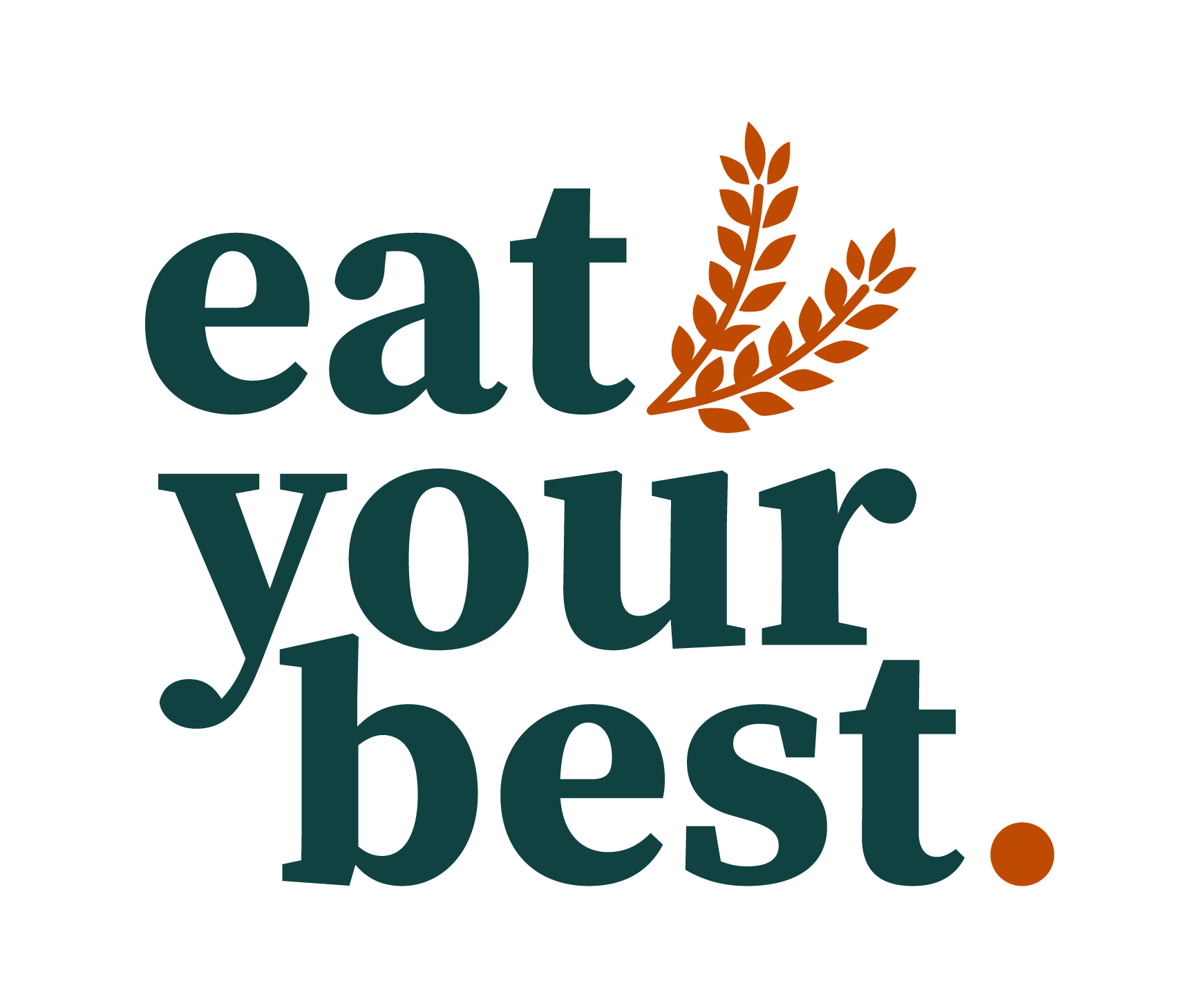
08 Ago Recovery Nutrition in Children and Teen Athletes
Proper nutrition is key to ensure optimal recovery of young athletes after a long training, practice, or game day. Most athletes train for several hours a day, at least five days a week. In addition, some tournaments or games involve multiple sessions during the day. Thus, athletes training and competing at this intensity should fuel adequately after physical activity to reduce changes of fatigue, impaired performance, increased muscle soreness, and injuries that could result from poor recovery.
Three Main Goals of Recovery Nutrition
1. Refuel
Refuel your energy stores with carbohydrate rich foods. Carbohydrates are used as the main source of energy during high-intensity physical activity and are stored in the body in the form of glycogen. Therefore, post-training consumption of carbohydrates will allow the athlete to replenish glycogen stores that were depleted during the physical activity.
Athletes with no underlying medical conditions should aim for at least 1-1.5 g of carbohydrates/kg of body weight. In addition, athletes should also consider including carbohydrate rich foods at subsequent meals and snacks throughout the day to ensure full restoration of glycogen stores.
2. Repair
Repair your muscle fiber with protein-rich foods. Physical activity results in different levels of muscle tissue breakdown; therefore, the body utilizes protein up to 24-72 hours after physical activity to repair and grow muscle tissue that has been stimulated. Adequate post-training protein consumption will provide the body all the "building blocks" for optimal muscle growth and repair.
Healthy athletes should aim for snacks or meals, providing 0.2-0.4 g of pro/kg of body weight. Athletes should also take into account that high-quality protein sources, which contain all the essential amino acids, will more efficiently support muscle repair and growth. Some examples of high-quality protein foods are meat, eggs, cheese, cow’s milk, yogurt, tofu, soymilk and pea milk.
3. Rehydrate
Rehydrate with fluids and electrolytes. Sweat loss during physical activity often results in decreased fluid and electrolytes, especially sodium stores. Therefore, replenishing fluid and electrolytes is imperative to avoid dehydration's negative implications and promote optimal recovery. Due to variation in sweat rate, athletes can be educated to weigh themselves before and after training (without sweat-soaking clothing) to determine specific fluid losses resulting from a specific training or tournament.
Recommended fluid replacement volumes for healthy young athletes
- Adolescent: 16-24 fl. oz per pound of weight loss
- Younger children: 16 fl. oz per pound of weight loss
Meal timing
If the athlete doesn’t have another event until 20-24 hours later, the athlete can wait to consume the nutrients essential for recovery on his/her next meal within 3 hours of completing the training.
On the other hand, if the athlete is training or competing multiple times per day or on multiple consecutive days, the athlete should consume a recovery meal or snack within 30 minutes of finishing the physical activity.
Recovery Snack Ideas
- Low-fat chocolate milk with peanut butter, banana, and jelly sandwich
- Smoothie made soy yogurt, a variety of fruits, and spinach
- Low-fat Greek yogurt parfait (including granola and fruits) with water as the drink
- Applesauce, string cheese with low-fat milk.
Recovery Meal Ideas
- Chicken sandwich on whole wheat bread and a fruit salad with low-fat frozen yogurt
- Rice bowl with tofu, beans, stir-fried vegetables, and tortilla chips
- Grilled salmon with quinoa and a spinach salad top off with pieces of orange and walnuts
- Vegetable omelet served with breakfast potatoes and a fruit salad
**Drink water or low-fat milk along with meals.
As recovery strategies should be tailored to meet the individual carbohydrate, protein, and fluid needs of your athlete.
Resources:
1. Kleinman, R.; Greer, F. (2014). Pediatric nutrition: policy of the American Academy of Pediatrics. Itasca, IL: American Academy of Pediatrics.
2. Recovery Nutrition. (2020, July 17). Retrieved October 01, 2020, from https://www.sportsdietitians.com.au/factsheets/coaches-toolkit/recovery-nutrition-2/

